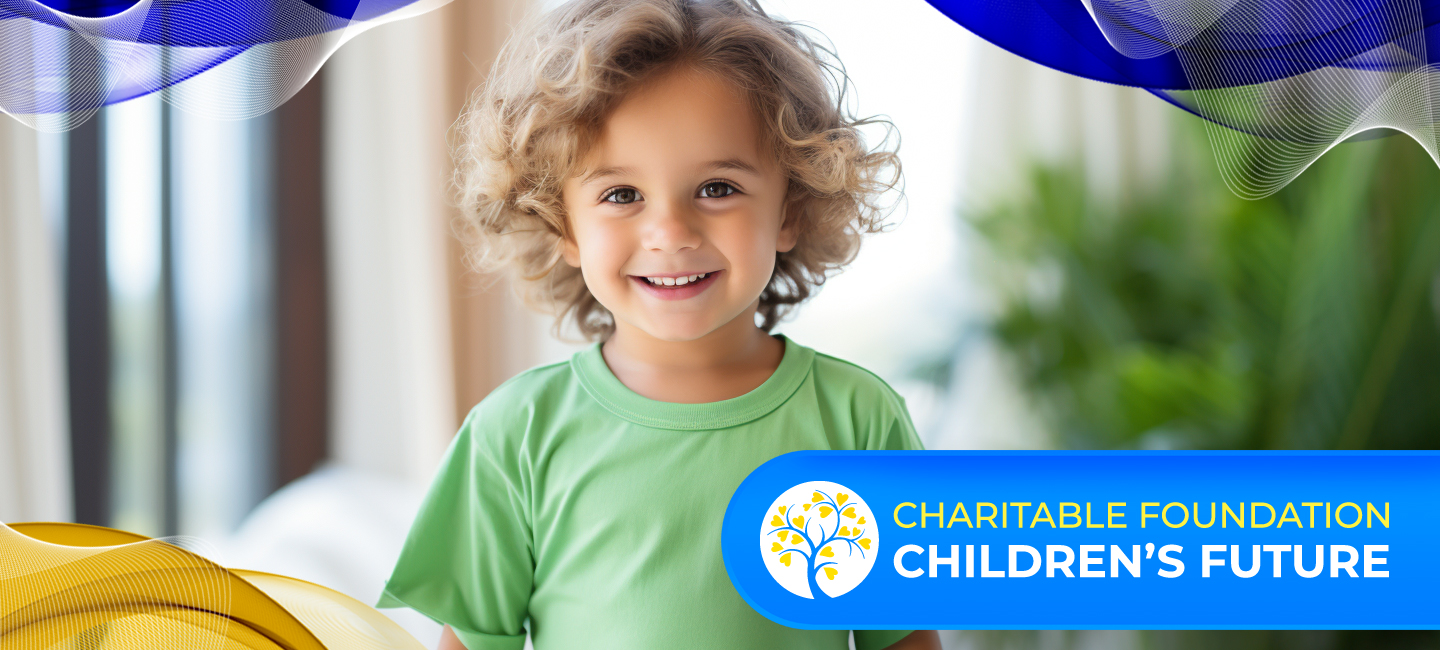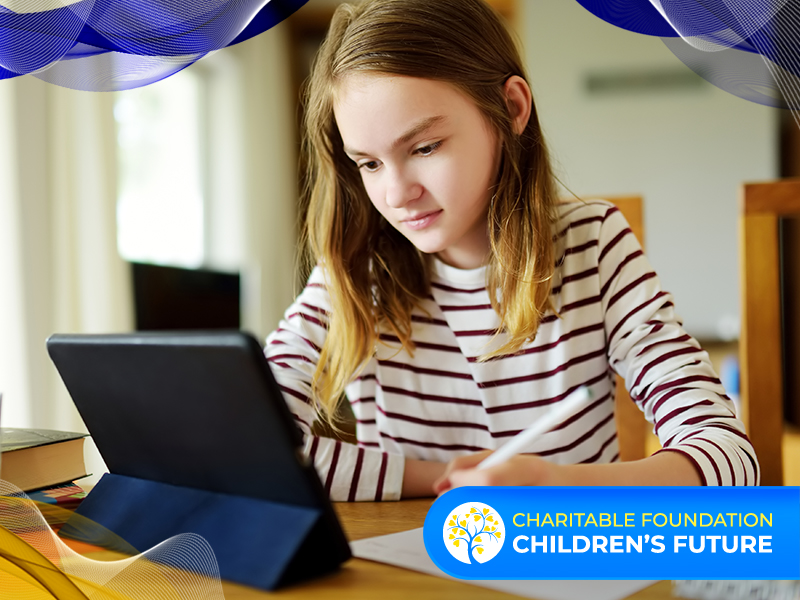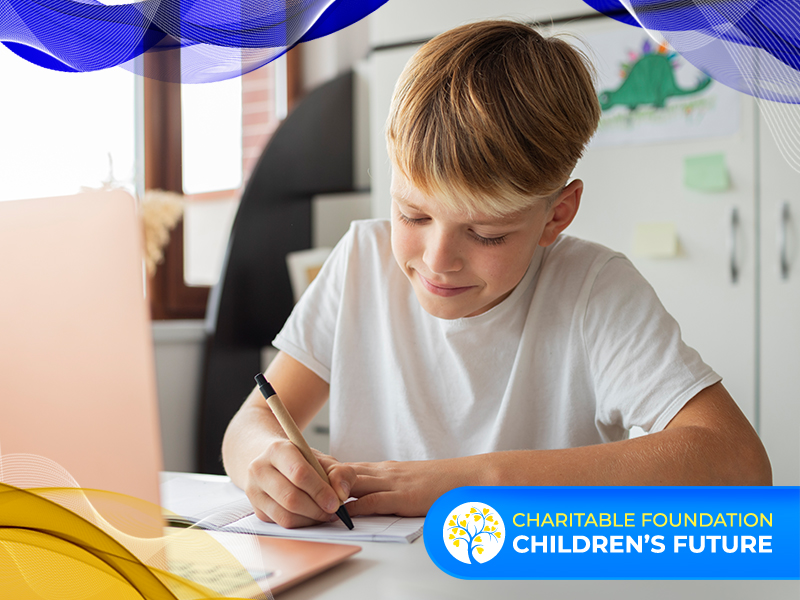Children affected by war may find it challenging to process new information, ask for help, learn new things, and understand and express their emotions. Their education will require fundamentally new approaches and methods, which should be applied not only by classroom teachers but also by all professionals interacting with students: subject teachers, tutors, social educators, and psychologists. Let’s explore specific ways to help children affected by war receive a quality education.
Balance Between Expectations and Support
Children affected by war may differ from other students in their reactions to their surroundings, their pace of learning, their attention span, and their level of fatigue. However, if teachers focus too much on these differences, the child is likely to become discouraged. This will not benefit their education and may exacerbate the trauma.
Children affected by war need to see that teachers apply the same standards to them as to other students. It is important to establish rules, explain their significance and possible consequences, and address problems and feedback honestly. This helps them receive education on par with their peers and feel worthy of respect, fostering a sense of belonging to the school community.
Observing Behavior
In an educational context, it is crucial to view each student as an individual regardless of external factors. A calm and withdrawn student should concern the teacher as much as an active troublemaker who constantly seeks attention. Sometimes students may not express their problems directly, but their actions can be a key to understanding their individual needs and difficulties in education. Therefore, teachers need to actively observe the behavior of children affected by war and respond promptly to any changes.
Understanding Instead of Criticism
Education for children affected by war requires a special approach to rebuilding social skills and self-confidence. Typically, after traumatic events, students feel insecure, struggle with communication with classmates, and do not show initiative in lessons. Critical self-assessment and self-criticism are common in their lives.
For effective education, children need support and understanding from teachers. It is important to be patient with students affected by war and to show respect for their feelings. For instance, instead of pointing out mistakes, a teacher might focus on positive aspects: “I understand that this is difficult for you right now, but you can count on my support. We need to try again, and I am here to help you with that.” Such an approach helps maintain the child's self-belief, motivates them to grow and continue learning despite obstacles.
Creating a Safe Environment
Education for children affected by war requires creating a safe and supportive atmosphere in the classroom. Help students feel that they can freely express their thoughts and feelings without fear or shame. Establish classroom rules that reflect values of respect, tolerance, and diversity, and ensure that students adhere to them throughout their education.
Additionally, teachers can implement methods aimed at supporting the emotional well-being of students affected by war. For example, organizing psychological workshops or group activities to develop social skills, empathy, and emotional management can be beneficial. These activities help students feel supported, find effective ways to resolve conflicts, and cope with stress.
Building a Happy Future for Students
The primary goal of education is to provide children affected by war with the opportunity to gain new experiences and develop the skills necessary for communication and success in life. Every step and decision by the teacher should aim to make the learning process as beneficial and accommodating as possible. The educational institution should become not only a place for acquiring knowledge but also a support system that helps overcome difficulties and fosters personal growth.

















